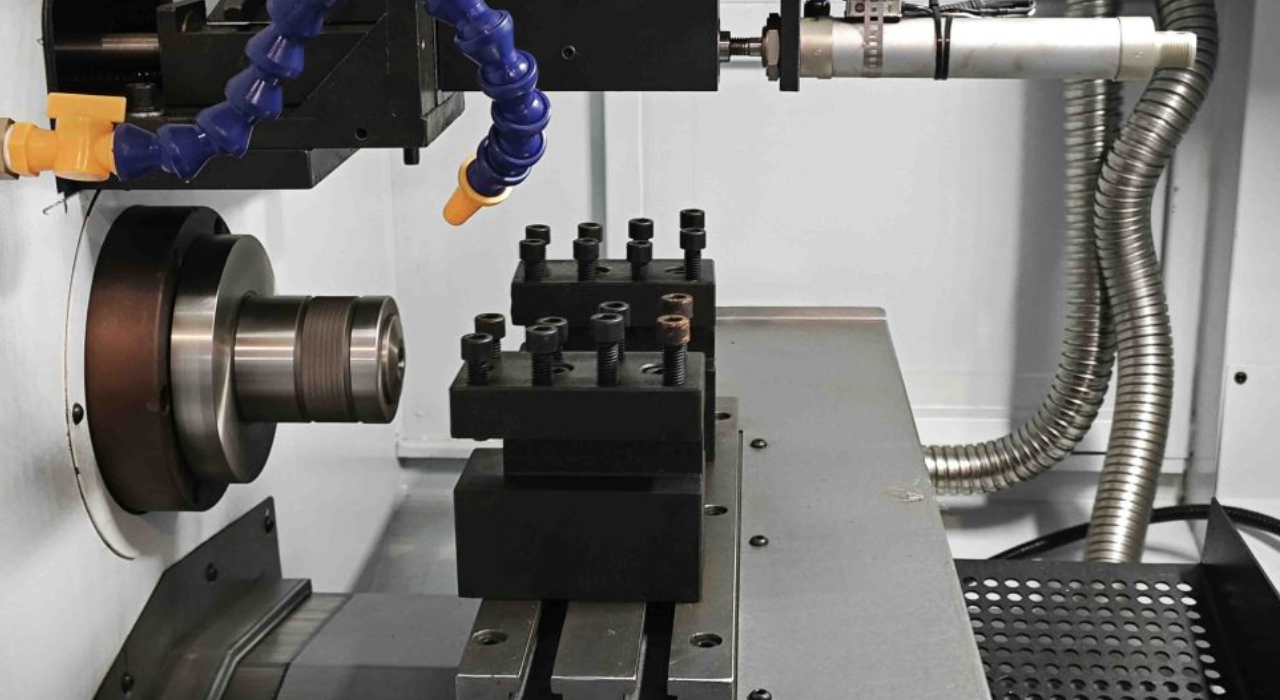Within the domain of CNC machining, the complexity of the plan plays a significant part in deciding by and large generation costs. This paper investigates how diverse angles of plan complexity impact the cnc machining cost related to forms. From perplexing geometries to point-by-point surface wraps, each component influences machining time, fabric utilization, tooling prerequisites, and labor costs. Understanding these variables is basic for engineers, creators, and producers looking to optimize both item quality and cost-efficiency in CNC machining operations.
Understanding the Effect of Plan Complexity on CNC Machining Costs
This area investigates how perplexing portion geometries and nitty gritty highlights impact generation costs in CNC machining. It looks at variables such as machining time, fabric utilization, tooling necessities, and labor costs, highlighting their transaction in deciding by and large fabricating uses.
Understanding Plan Complexity in CNC Machining
Plan complexity in CNC machining alludes to the complexity and modernity of the portion geometry, counting highlights such as bends, points, gaps, pockets, and surface surfaces. Complex plans regularly require different device changes, perplexing programming, and precise machining techniques to realize the required details. This area will dive into particular illustrations of plan complexity and their suggestions for machining forms.
Machining Time and Programming Complexity
One of the essential taken-a-toll drivers in CNC machining is machining time, which specifically connects with plan complexity. Complex plans regularly require longer machining terms due to slower cutting speeds, visit instrument changes, and perplexing ways of arranging. In addition, programming CNC machines for complex geometries requires talented labor and progressed program capabilities, contributing to higher operational costs. This segment will investigate how these components impact general generation expenses.
Fabric Choice and Squander Lessening
Complex plans frequently require particular materials to attain basic astuteness and craved execution characteristics. Be that as it may, fabric costs can essentially affect generally extended costs. In addition, complex geometries may create more squander amid machining due to complicated cutting ways and higher scrap rates. Methodologies for optimizing fabric utilization and minimizing squandering will be examined in this segment, emphasizing cost-effective fabric choice and reusing hones.
Tooling Prerequisites and Wear
Complex plans regularly require specialized tooling to suit complicated highlights and keep up dimensional precision. Tooling costs can heighten with the complexity of the plan, as custom instruments or different apparatus changes may be required to get to tight spaces or accomplish fine surface wraps up. Furthermore, the wear and tear on apparatuses increases with the complexity of machining operations, requiring more visit substitutions and upkeep, which encourage impact generation costs. This segment will look at the relationship between plan complexity, tooling necessities, and their suggestions for CNC machining consumptions.
Quality Affirmation and Resilience Administration
Guaranteeing exactness and adherence to dimensional resiliences is basic in CNC machining, especially for complex plans where tight resiliences are frequently required. Accomplishing and confirming these determinations requests progressed metrology hardware, gifted labor, and fastidious quality control forms. The costs related to quality confirmation measures, counting assessment time, testing methods, and remedial activities, will be examined in this area. Procedures for adjusting exactness necessities with cost contemplations will moreover be investigated.
Labor Costs and Expertise Necessities
Complex plans in CNC machining require gifted labor with mastery in the programming, setup, and operation of CNC machines. The capability required to translate complex drawings, optimize machining forms, and troubleshoot issues includes labor costs. In addition, the time contributed to preparing staff to handle complicated plans successfully contributes to general operational costs. This area will analyze the effect of plan complexity on labor costs and methodologies for optimizing workforce effectiveness in CNC machining situations.
Conclusion
Plan complexity in CNC machining altogether impacts generation costs through its effect on machining time, fabric utilization, tooling necessities, quality confirmation measures, and labor costs. Engineers and creators must carefully adjust the utilitarian prerequisites of a plan without taking a toll on contemplations to realize ideal results. By understanding the subtleties of plan complexity and its suggestions for CNC machining operations, producers can actualize cost-effective techniques to improve efficiency, minimize squandering, and convey high-quality items to advertise.

